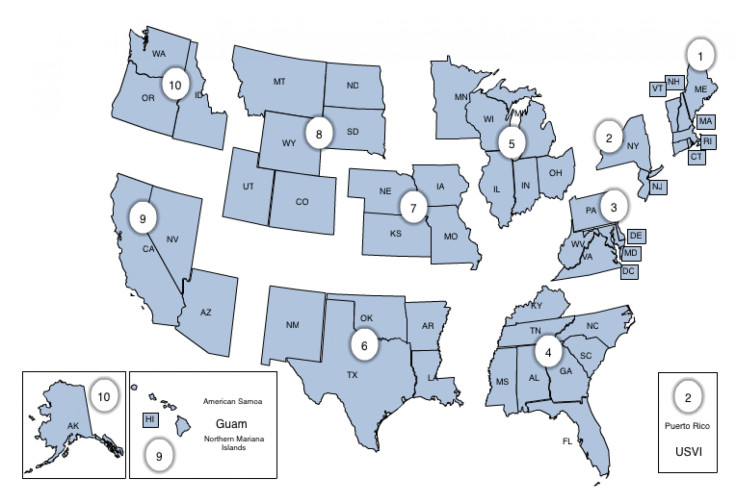CMS Announces Its First Moratoria On Enrollment Of New Health-Care Agencies In Three High-Fraud Metropolitan Areas Under Authority Granted It By Affordable Care Act, Or Obamacare

In a bid to combat fraud, the U.S. Centers for Medicare & Medicaid Services, or CMS, announced Friday it is for the first time tapping its authority under the Affordable Care Act, aka Obamacare, to suspend in three major metropolitan areas for six months the enrollment of either new ambulance suppliers or new home-health providers in Medicare, Medicaid and the Children’s Health Insurance Program, or CHIP. “The goal of the temporary moratoria is to fight fraud and safeguard taxpayer dollars, while ensuring patient access to care,” the agency said in a statement.
The enrollment moratoria apply to newly enrolling ambulance suppliers in the Houston metropolitan area and to newly enrolling home-health providers in the Miami and Chicago metro areas. In Houston, the affected counties are Brazoria, Chambers, Fort Bend, Galveston, Harris, Liberty, Montgomery and Waller. In Miami, they are Miami-Dade and Monroe. And in Chicago, they are Cook, DuPage, Kane, Lake, McHenry and Will.
“CMS is using all available tools, including these moratoria, to combat fraud, waste and abuse in these vital health-care programs,” CMS Administrator Marilyn Tavenner said. “[W]e are putting would-be fraudsters on notice that we will find and stop them before they can attempt to bill Medicare, Medicaid and CHIP.”
Meanwhile, current suppliers and providers can continue to deliver and bill for services, CMS said. The agency announced the enrollment moratoria that begin Tuesday by issuing a notice in the Federal Register Friday. CMS may either lift the moratoria earlier or extend them another six months by issuing another notice in the Federal Register.
CMS chose to impose the enrollment moratoria in the three metro areas after consulting with other federal bodies and reviewing key factors that are considered indicators of potential fraud risk, the agency said. These factors include a disproportionate number of suppliers and providers relative to beneficiaries, a rapid increase in enrollment applications from suppliers and providers, and extremely high utilization of services. All three metro areas ranked close to the top across the country based on these factors, CMS said.
© Copyright IBTimes 2025. All rights reserved.






















